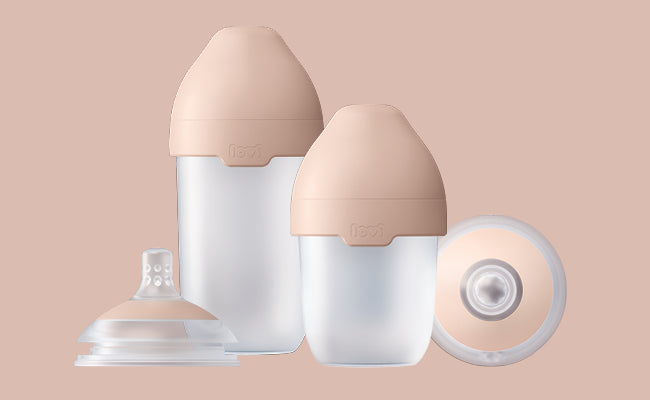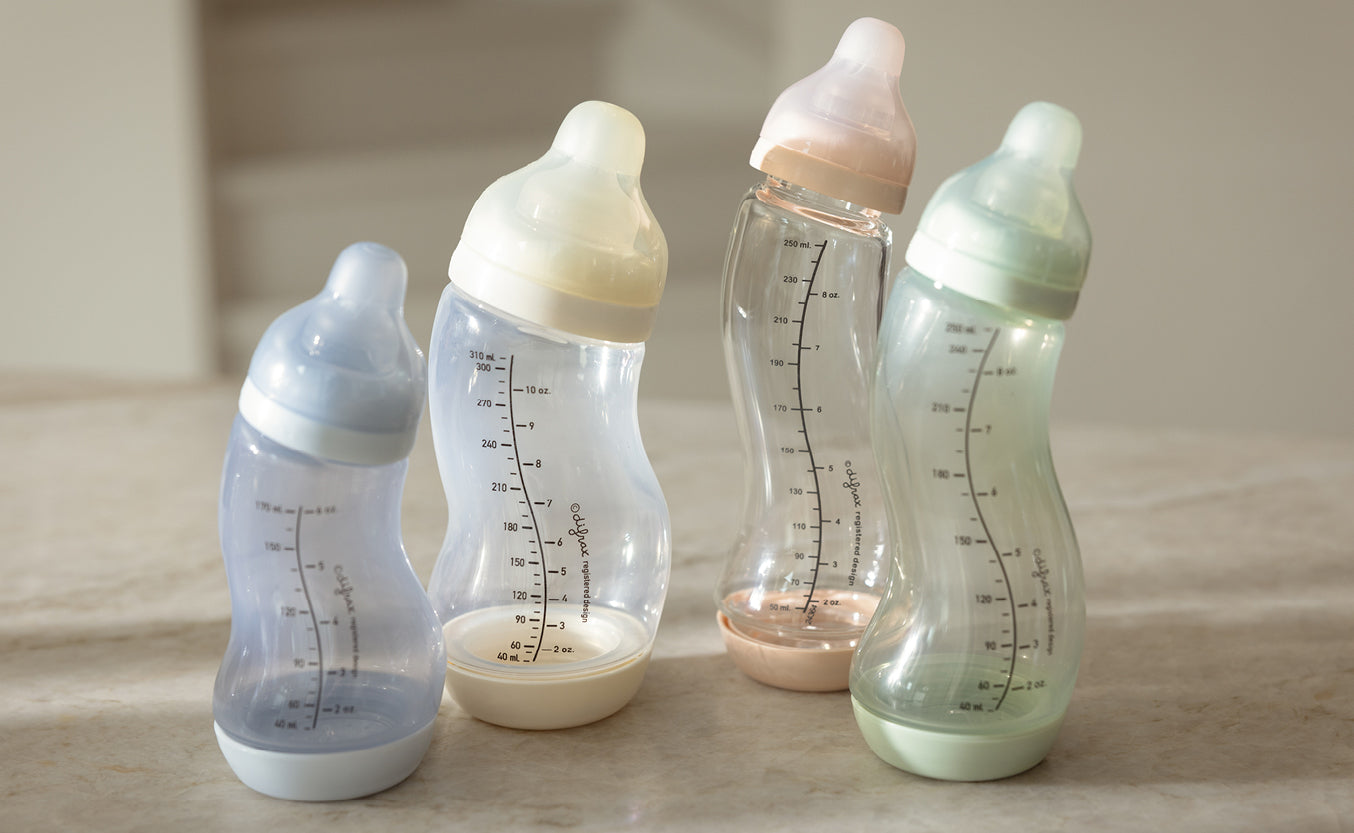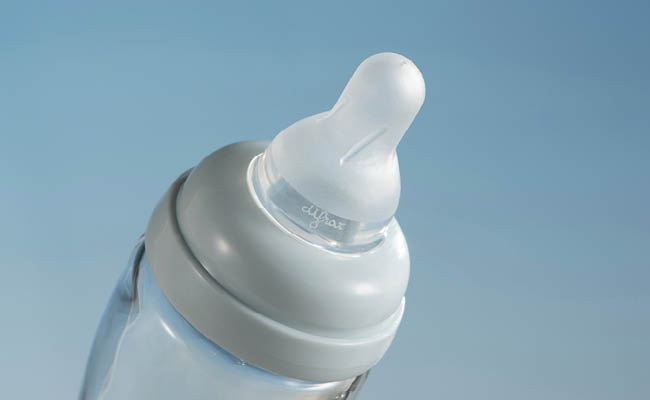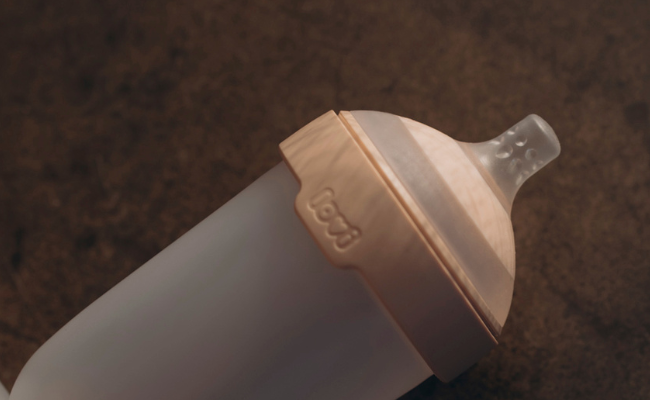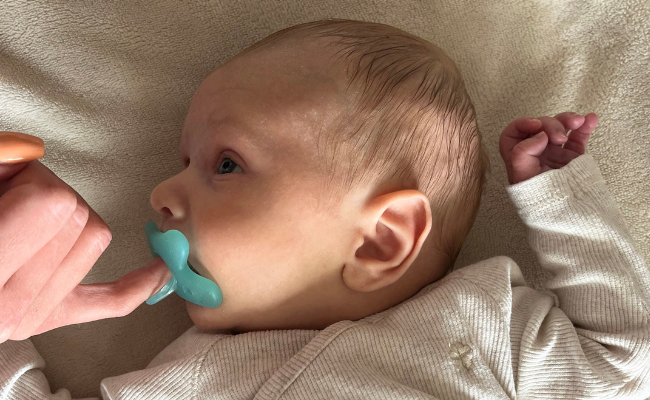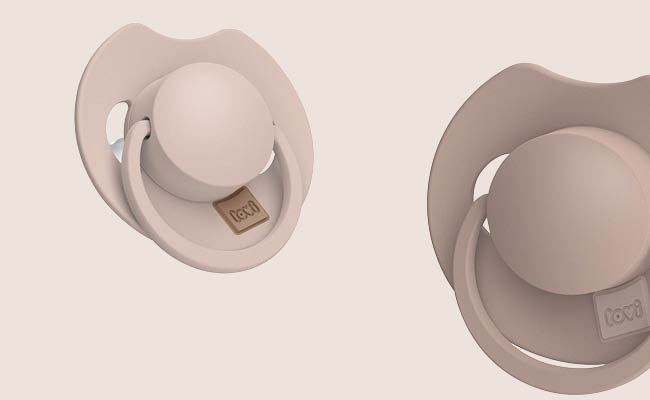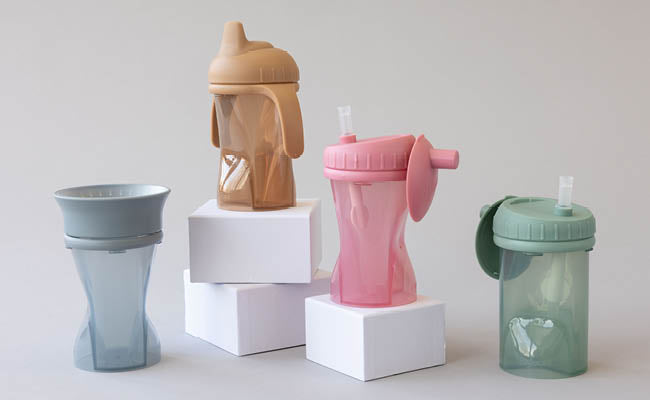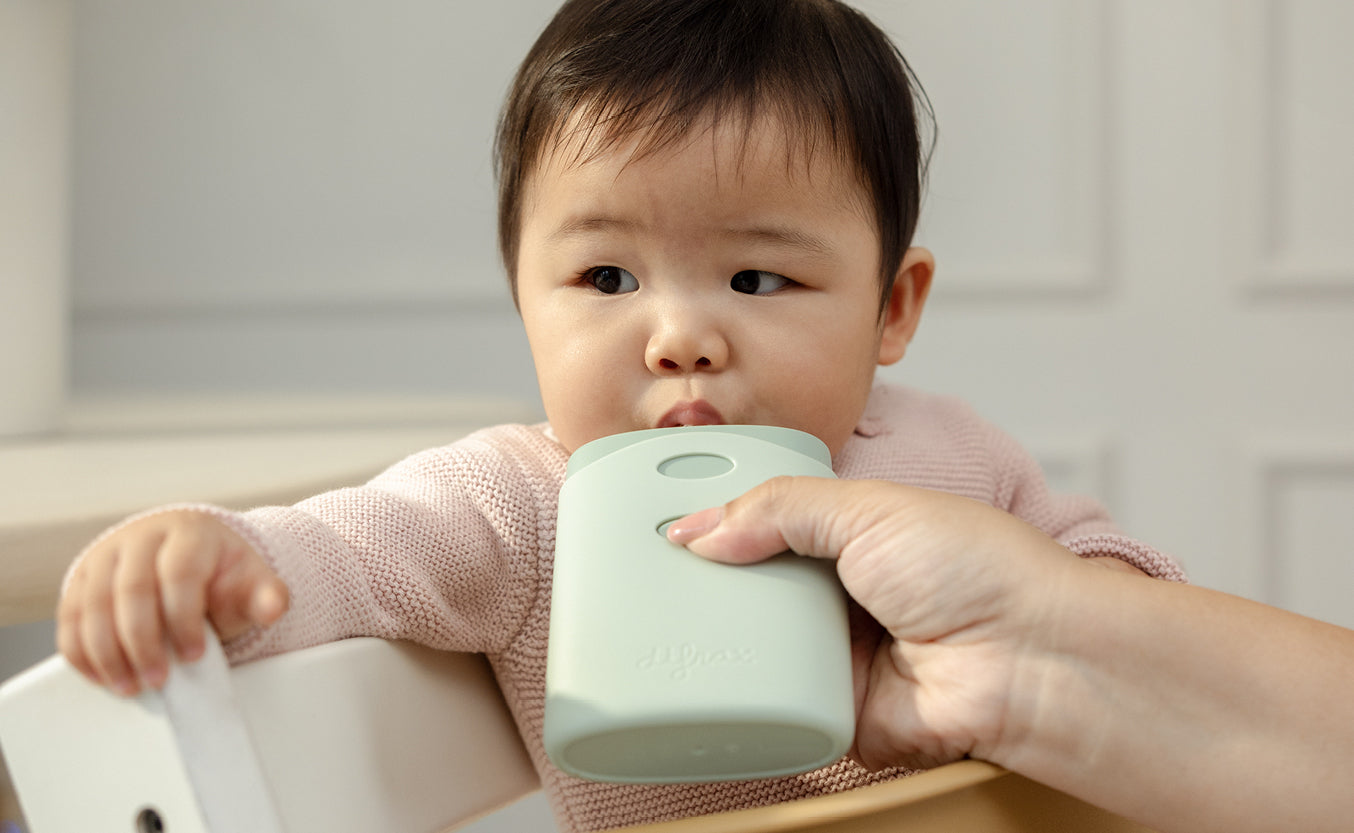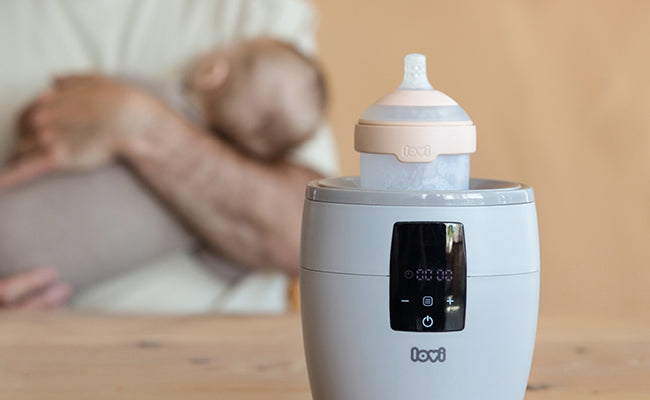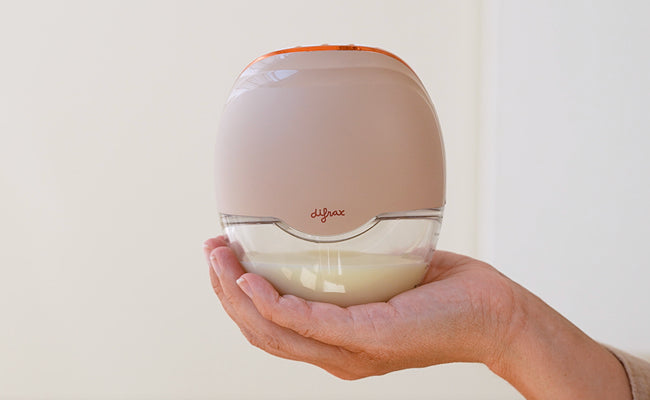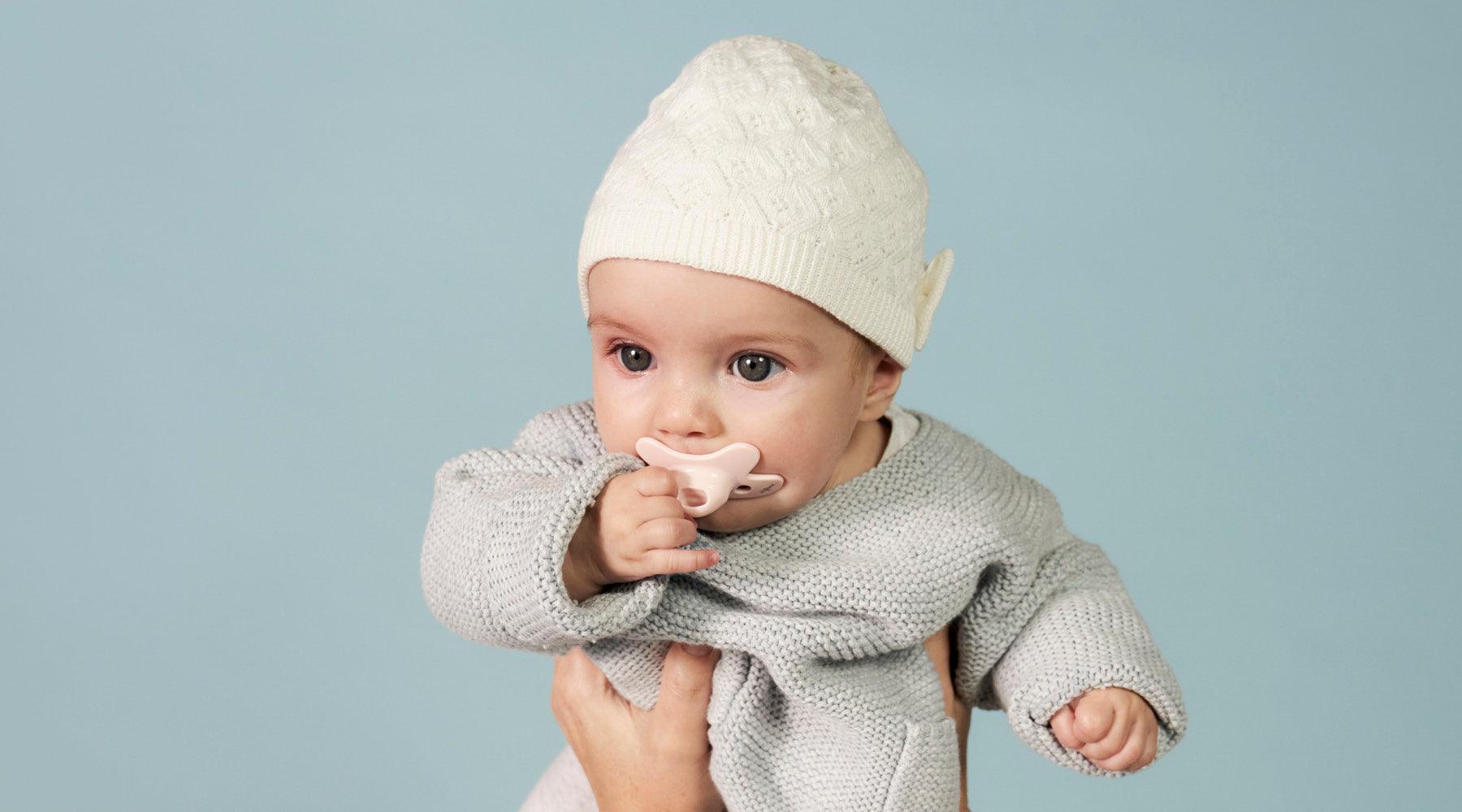
Are pacifiers good for your baby?
If you are a mother or expectant mother, you want your little one to grow and have it nice, both physically and mentally. With regard to pacifiers, there are many opinions and speculations.
It is not strange that you are confused when it comes to the pros and cons - and knowing what is best for your child and the needs it has. It is generally difficult to distinguish between this considerable amount of speculation and views regarding pacifiers and whether pacifiers are correct to advise or not.
In the same way as other different things related to your child, there is no "yes or no" answer to the preference for pacifiers. You may have a family member with whom a child could not do without a pacifier, as this was usually the last thing that calmed their little one. On the other hand, you may have acquaintances who are against pacifiers, because it can very well be a difficult habit to quit or that it does not suit their child. Each child is unique and their preferences are new. That means that what works for one child may not be the same as what works or is liked by another child.
The truth is that a pacifier can have many benefits for your child when used with care and when you adhere to specific guidelines and instructions for use. We have collected a number of science-based data and theory-busters related to pacifiers, including when and how a pacifier can be useful for your child in general and when you should consider using a pacifier. This way we want to help you make the best choice for your little one.
Facts and fables about pacifiers
We have compiled a list of facts and fables about pacifiers and safety for your baby. This allows you to draw your own conclusion about the safest possible solution. Ultimately, it may amount to a matter of personal preference, but it is important to know all these effects in advance to make an informed decision about your child's safety!
A pacifier can comfort and calm a baby
Pacifiers can be extremely useful to calm your little one when they are irritated, because if they are constantly sucking on them it calms their mood in no time.
Pacifiers can also be used for breastfed children
Breastfed babies can also use pacifiers. Studies have shown that the use of a pacifier in breastfed infants, from birth or after breastfeeding, did not affect breastfeeding. You may want to consider giving a pacifier after you and your child have breastfed. Make sure that a pacifier does not break and replace it on time!
Pacifiers help stimulate the sucking reflex
After birth, babies immediately have a strong, natural need to suck. A pacifier satisfies this need and offers peace and comfort. The Pinky pacifier is specially designed and made to aid stimulate the natural sucking reflex in a young babies. Teaching a baby to suck properly makes learning to drink from the breast or bottle easier.

Pacifiers have a bad effect on teeth
Not true! With careful use, pacifiers cannot affect the growth of teeth or cause crooked teeth. Specialists prescribe to limit the use of a pacifier to up to six hours a day. Given that, it is important to understand that the mouth and teeth of each child grow differently. The use of pacifiers in children for more than two years is a choice to be made by any parent. Follow the advice of the dentist or pediatrician.
The experts recommend that babies stop using pacifiers at the age of three years. We recommend choosing a pacifier that is" orthodontic". These pacifiers are available everywhere, but it is always best to do proper research before buying the product.
Pacifiers can help your child with pain
This is absolutely true! Research results have shown that pacifiers can help babies to more easily tolerate pain and discomfort on various occasions. For example, get pinpricks or have blood taken from the pediatrician. Using pacifiers is a good way to keep your baby calm and relaxed. This is especially evident during the development of the teeth, because your child may feel uncomfortable and may have pain and inflammation. A pacifier can help to reduce this suffering. Again, make sure you know that the pacifier is complete and not damaged and buy a new one if it is broken.
Pacifiers cause colic
It's not true. The reason for cramps is not always clear, but there are a few assumptions, such as an immature gastrointestinal tract, lactose intolerance, sensitivity, or changes in the bacteria in their estomac. Swallowing extra air in during feeding can cause unbearable air and promote intestinal cramps. It is often difficult to calm children during colic, as they cry intensely for a long time with clenched hands and twisted legs. Although the cramps will decrease around 10-12 weeks after birth, a pacifier can help to calm your child, as sucking can be soothing and soothe the pain of your little one.
Unlearning teats can be tricky
It is both a fact and a fable! Some babies have no problem stopping pacifiers and will do so immediately. Other babies may need more time to say goodbye to the teat. This is because babies get attached to their pacifiers and the comfort it brings. Stopping weaning will not be easy for you and your little one, but with comfort and patience you can help your child accomplish this.
If you think using a pacifier is a good choice for your little one, consider which one is best for your child. There are different types of pacifiers on the market. They have different shapes and sizes. There are baby pacifiers that are specially made for daytime or evening use only. Be sure to check out all of our new pacifiers to find the ideal pacifier for your little one!


